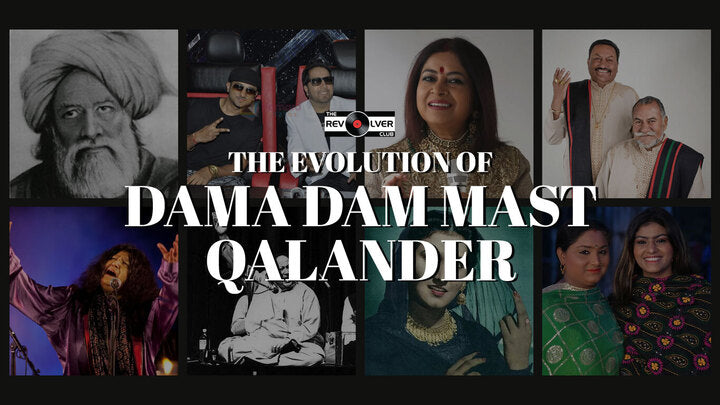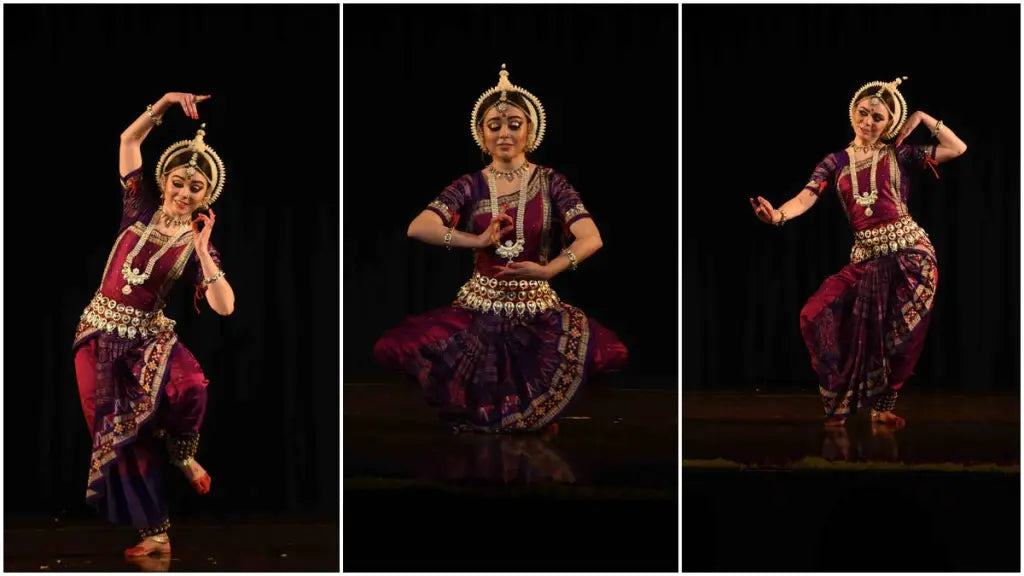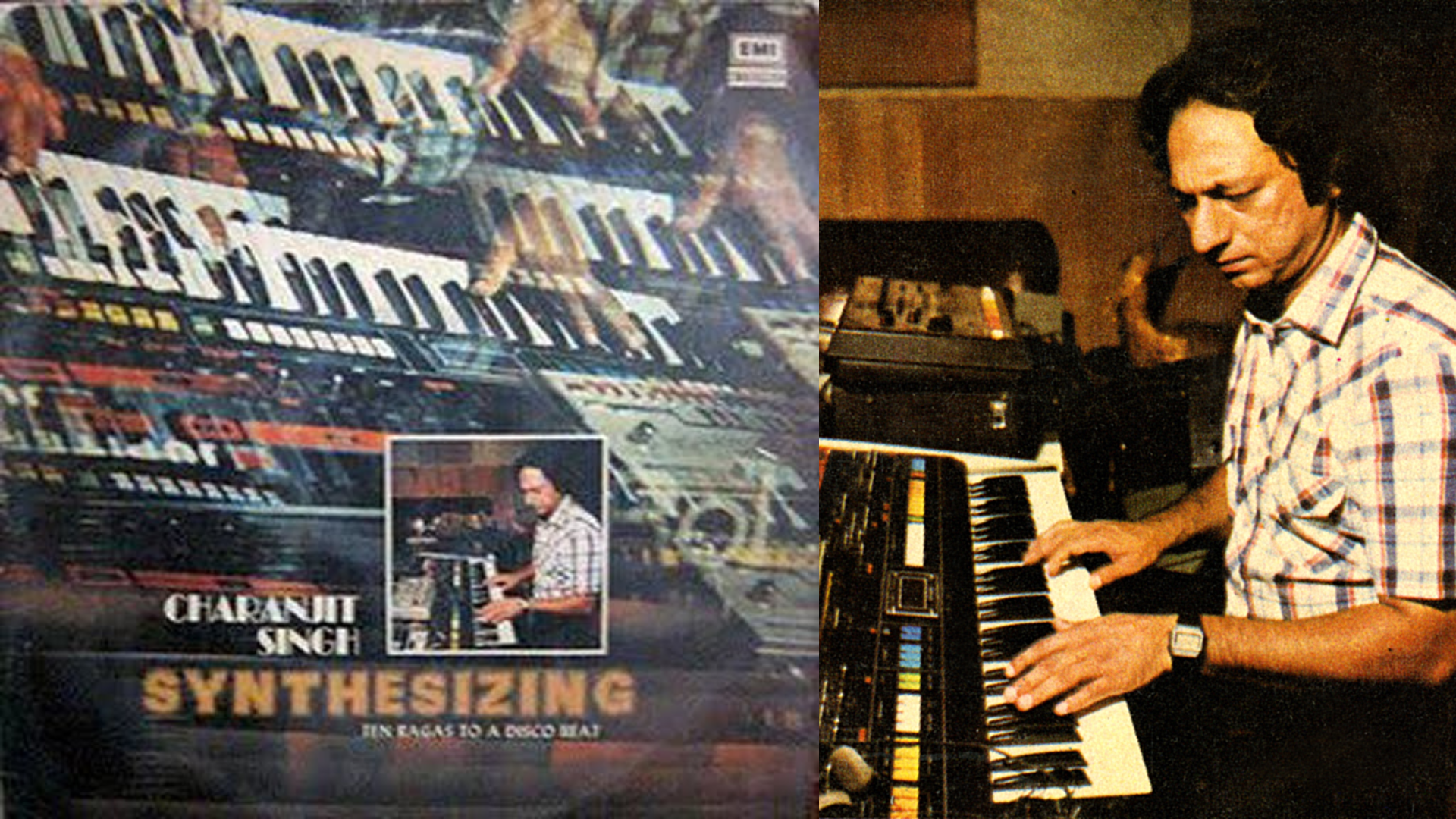The Evolution Of Dama Dam Mast Qalander

Lal, or Jhulelal, as he is affectionately called, Hazrat Sayyid Usman Marwadi, a revered Sufi saint-poet, was born in Baghdad but settled in Sehwan, Sindh, where he propelled Sufism, mysticism, and miracles, winning the love and devotion of the Sindhi people. They called him Lal (for the ruby-like glow on his face) Shahbaz (with a King's spirit), Qalandar (a wandering saint).
Once, Shahbaz was promised the hand of a friend's daughter in marriage. But, later, when the friend died, his son opposed the marriage, leaving Shahbaz grief-stricken. Hence, the name Jhulelal (the red bridegroom).
Leading a life of mysticism and miracles, he died in 1274, buried at Sehwan, (in present-day Pakistan). And till date, his devotees, in an ecstatic dance (Dhamaal) at his tomb, sing:
"Lal meri pat, rakhiyo bhala Jhulelal
Sindhari da, Sehwan da
Sakhi Shahbaz Qalandar
Dama dam mast Qalandar"
(O Lal, of Sehwan, Sindh; keep my prestige. Thou bounteous Shahbaz Qalandar. Every breath is in the name of the merry, wandering Shahbaz).
"Duma dam mast qalandar", as the Pakistani newspaper Dawn says, can be safely regarded as the world's most famous qawwali. Sung to Bulleh Shah's adapted verses from a 13th-century Khusro Sufi poem, the verses are beloved both in India and Pakistan, and have been covered by various desi artists. But few know the man whose composition popularized it. Pakistani Master Ashiq Hussain, who, now possibly in his 90s, languishes in ignorance and songless-ness.
Hussain tuned the qawwali, for the 1956 Pakistani film Jabroo. His version was modified by Nazir Hussain, and sung by Noor Jehan, for the 1969 film Dilan De Soude.
Hence it has been covered by Sufi icons like:
1. Abida Parveen:
2. Wadali Brothers
3. Runa Laila
4. Rekha Bharadwaj
5. Nooran sisters
6. Mika Singh-Honey Singh collab
7. Noor Jehan
8. Ustad Nusrat Fateh Ali
9. Reshma
The qawwali was, with a different melody, popularised by Ustad Nusrat Fateh Ali Khan's "Dum Mast Qalandar" in the '90s. Spirituality, iconicity, and anonymity surround this qawwali.
Also read: The Nooran Sisters: Redefining Punjabi Sufi Music






Comments